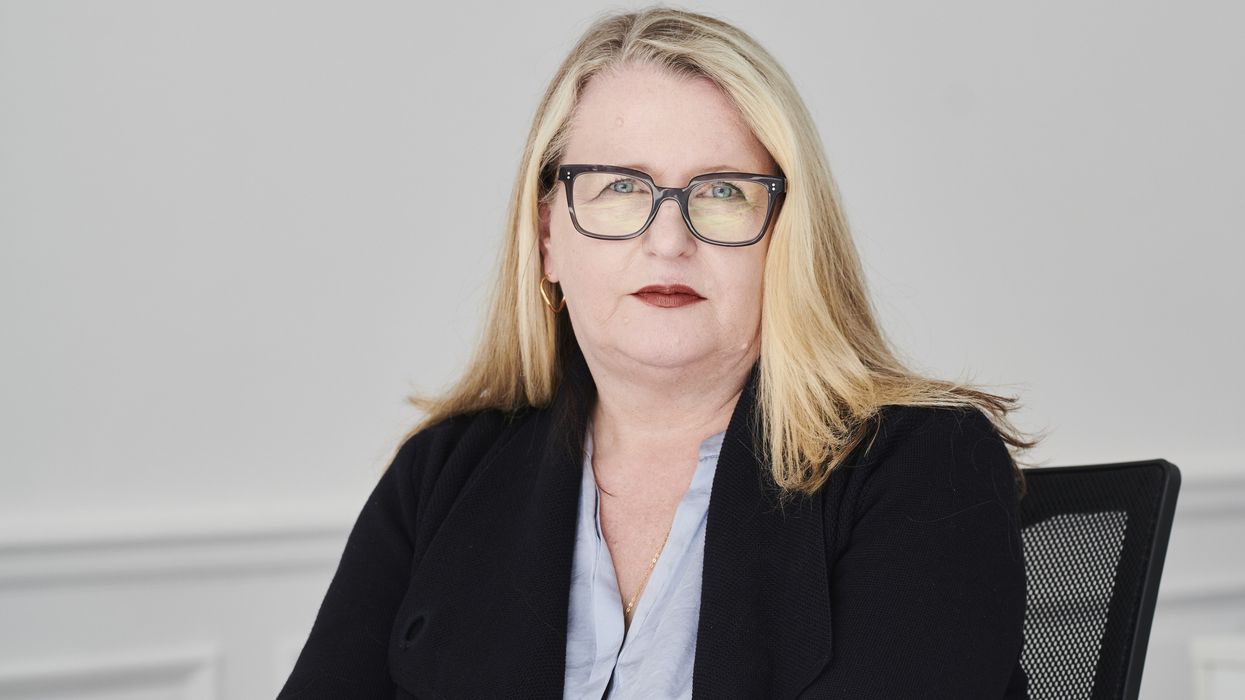Pharmacies have experienced a 30 per cent real terms funding reduction since 2015.
The proposed increase in the national living wage (NLW) is expected to impose an implementation cost of £150 million to £195 million on the community pharmacy sector, Community Pharmacy England (CPE) has warned. Chancellor Jeremy Hunt recently announced a 9.8 per cent increase in the national living wage, raising it from £10.42 to £11.44.
“The Autumn Statement overlooks the knock-on effects these measures will have on small businesses like community pharmacies,” CPE Chief Executive Janet Morrison said in a statement. “The majority of pharmacies employ staff on or around the NLW, which has increased nearly 40 per cent since the start of the current contractual framework.”
“This is at a time when pharmacies have faced a 30 per cent real terms reduction in funding since 2015,” Morrison added. “No viable business can absorb these cost increases without significant support. This is just another cost pressure that pharmacies cannot control and must be addressed through a sustainable, long-term funding arrangement.”
On December 1, Morrison wrote to the Chancellor expressing concern about the financial impact of the proposed increase.
In the letter, Morrison highlighted the rising number of both permanent and temporary closures, causing distress for the 24 million patients and their caregivers who rely on pharmacies for repeat prescriptions, along with numerous others depending on health advice and services.
"As employers, we consistently strive to ensure fair wages for employees," she emphasized. "However, unlike other businesses, pharmacies cannot transfer cost increases to customers, as 90 per cent of our income comes from NHS funding."
“Community pharmacy needs a targeted funding uplift to the core contract to keep us afloat and our doors open, ensuring our new services have a real impact for patients and their communities,” she wrote."
Meanwhile, CPE is organising webinars to assist pharmacy owners and their teams in preparing for the upcoming implementation of the new Pharmacy First Service and changes to the Contraception and Hypertension case finding services.












